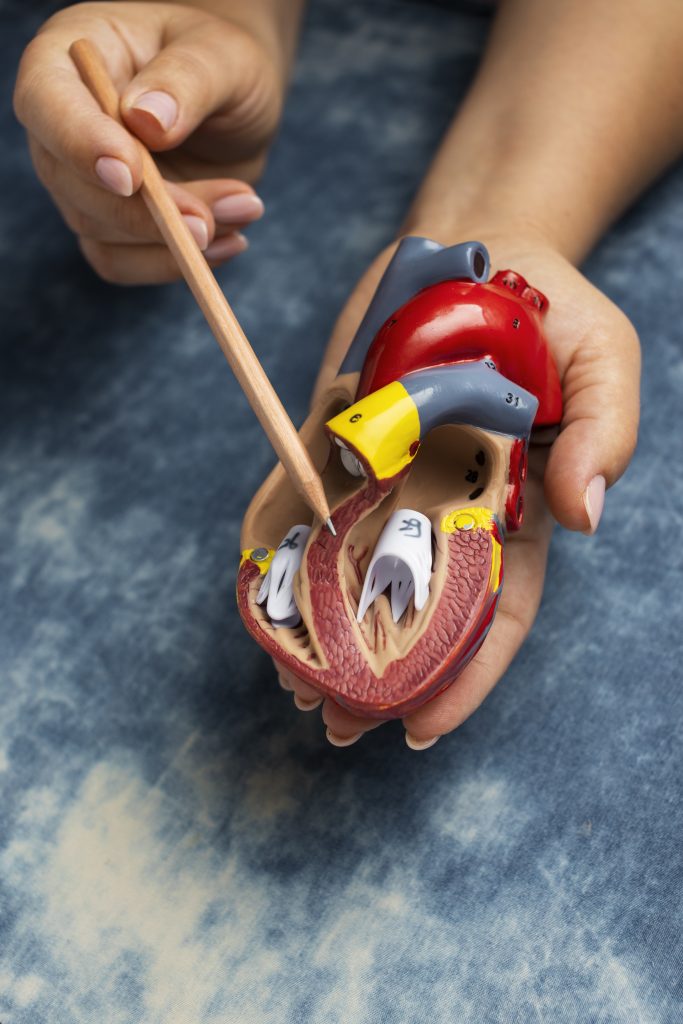As a health tourism agency, My Dr Türkiye facilitates access to heart valve surgery, performed by expert cardiac surgeons at accredited healthcare facilities. This life-saving procedure is designed to repair or replace heart valves, ensuring proper blood flow regulation through the heart and to the rest of the body.
Types of Heart Valve Surgery
- Valve Repair: Fixing the existing valve to restore function through techniques like valve annuloplasty or valvuloplasty.
- Valve Replacement: When repair isn’t possible, the damaged valve is replaced with a prosthetic valve:
- Mechanical Valves: Long-lasting, made from durable materials, but require lifelong blood-thinning medication.
- Biological Valves: Made from animal tissue, lasting 10-20 years, often without the need for long-term medication.
Indications for Heart Valve Surgery
- Severe Valve Stenosis (Narrowing)
- Severe Valve Regurgitation (Leakage)
- Congenital Valve Defects
- Valve Damage Due to Infection or Disease
Recovery Process
- Hospital Stay: Typically 5-7 days for post-operative monitoring.
- Rehabilitation: Recovery time varies but may take several weeks to months, depending on the patient’s overall health and surgery complexity.

Frequently Asked Questions
What types of heart valve surgeries are available?
The main types are valve repair and valve replacement, with mechanical or biological prosthetic valves.
When is heart valve surgery necessary?
It is typically needed for severe valve stenosis, regurgitation, congenital defects, or damage from infection or disease.
What can I expect during the recovery period?
Recovery includes a hospital stay of 5-7 days and a rehabilitation period of several weeks to months, depending on individual health and surgery complexity.

